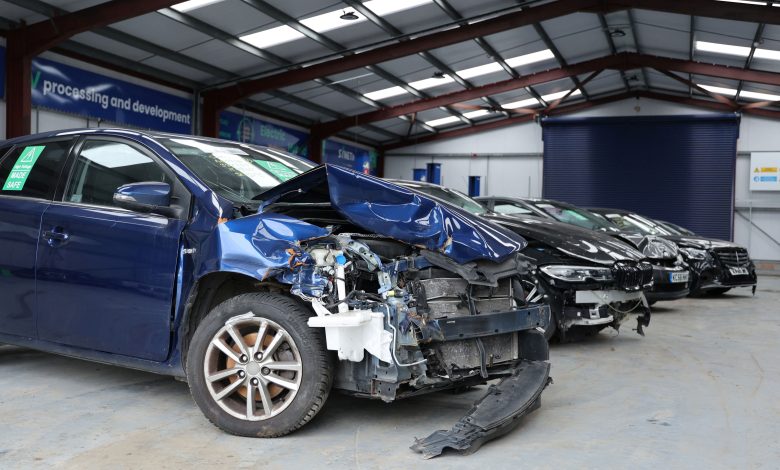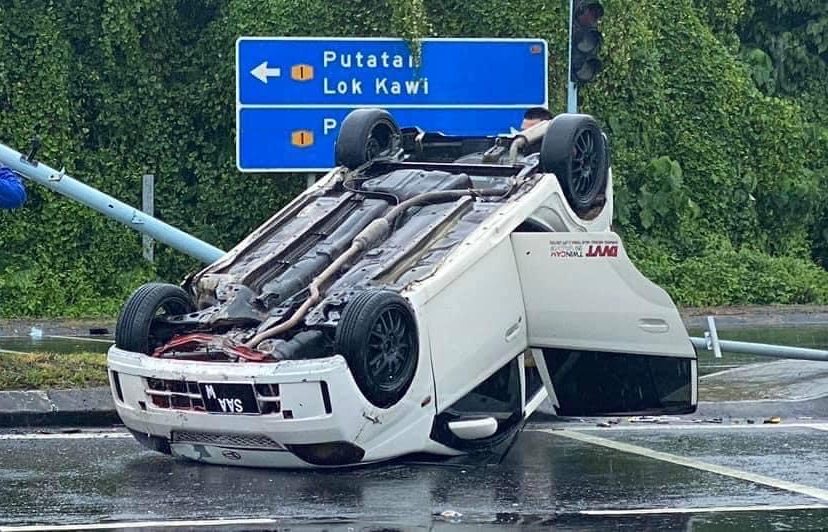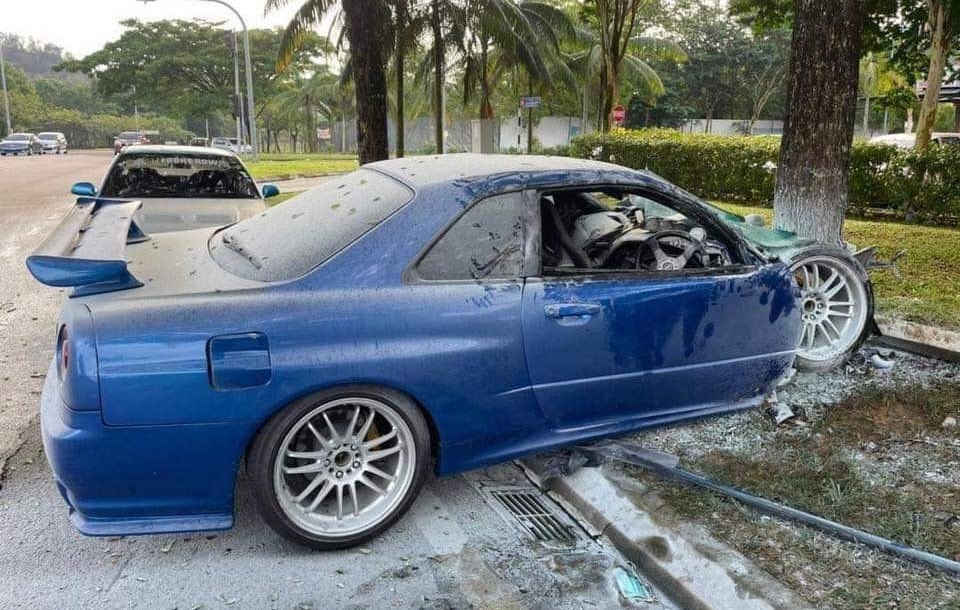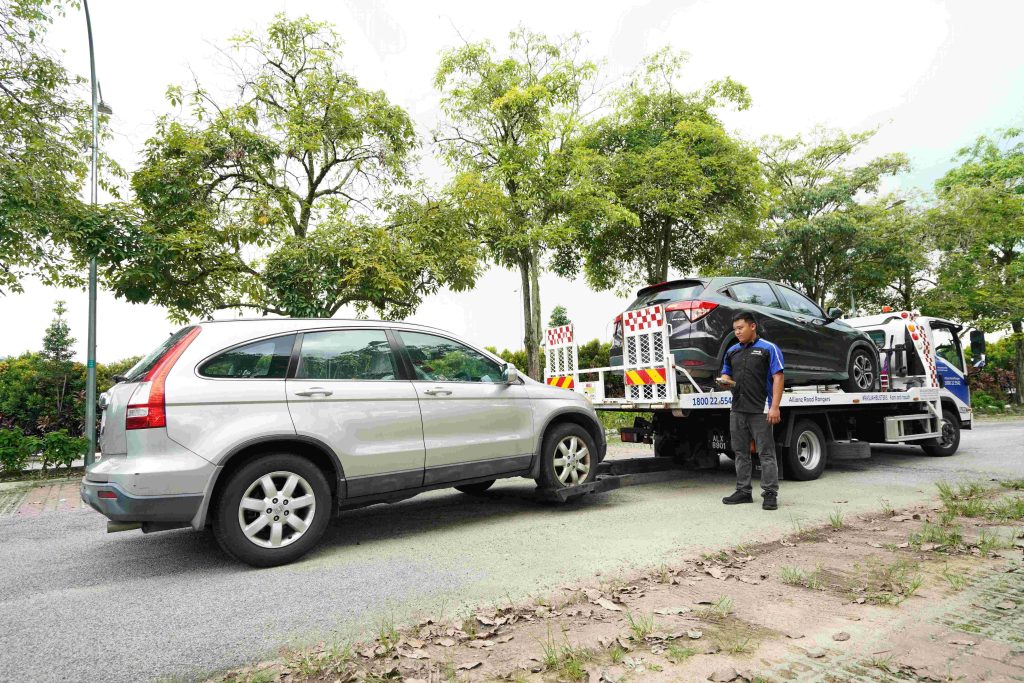Faultless Drivers Can Now Claim Insurance Without Affecting NCD

This is made possible under the new “Own Damage Knock-for-Knock” option introduced by Bank Negara as part of its wider motor insurance reforms.
Motorists in Malaysia who are not at fault in road accidents can now claim directly from their own insurer for repairs without losing their No-Claim Discount (NCD). This is made possible under the “Own Damage Knock-for-Knock” (OD-KFK) option, which was recently introduced by Bank Negara Malaysia (BNM) as part of wide-ranging reforms to motor insurance claims.
Available to motorists with comprehensive policies, the OD-KFK process requires drivers to only submit a police report and the necessary documents to their insurer, who will then handle the claim entirely. This means vehicles can be repaired quickly without policyholders having to pay out-of-pocket upfront. Most crucially, the NCD remains intact, ensuring that future premiums are not affected.

In the past, many drivers avoided claiming from their own insurer even when they were not at fault, fearing it would impact their NCD. The new system is now aiming to remove that concern, while also addressing long-standing frustrations with red tape and lengthy claim delays.
It is nevertheless worth highlighting that the OD-KFK option does not apply in accidents involving buses or taxis, or in cases where injuries are sustained. In such situations, motorists will still need to claim insurance against the at-fault party’s insurer.

Beyond OD-KFK, BNM has also tightened timelines to speed up the overall claims process. The central bank says the average processing time for own damage claims has been cut by 20 working days, while third-party property damage claims can now be completed up to 80 working days sooner.

Insurers are now also required to keep policyholders informed at every stage of their claim, so drivers are no longer left waiting without updates. BNM has also rolled out Digital Roadside Assistance as a mandatory feature for insurers and takaful operators. This gives motorists 24/7 access to authorised tow trucks, nearby workshops, and the ability to submit documents online.
Rather handily too, the Digital Roadside Assistance feature is not limited to accident cases. It can also be used for everyday issues such as flat tyres or mechanical breakdowns, making it a useful tool for all drivers in their time of need.

Another significant reform is the introduction of the Motor Customer Service Charter, which insurers must publish on their websites. This document sets out service standards and turnaround times for claims, including criteria for expedited or fast-track cases. By clearly defining expectations, the charter improves transparency while giving motorists the means to hold insurers accountable if service levels fall short.
Consumer protection has been strengthened with stricter complaint-handling requirements as well. Insurers must now respond to complaints within 14 working days, with the deadline set to be reduced to just five working days from April next year. For policyholders who remain dissatisfied, disputes can be escalated to the Financial Ombudsman Service (FOS), which provides free and independent resolution.





